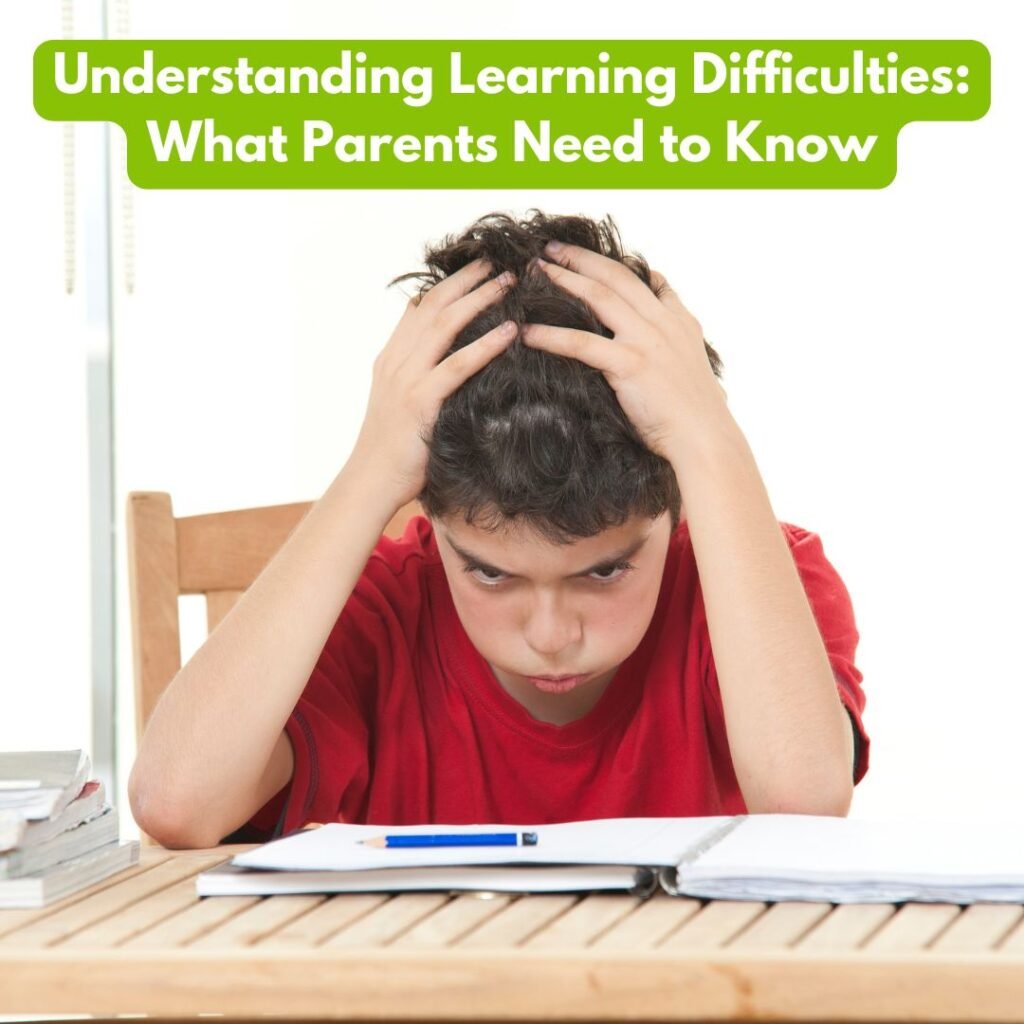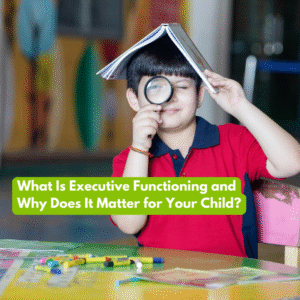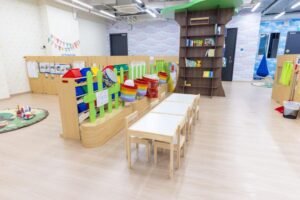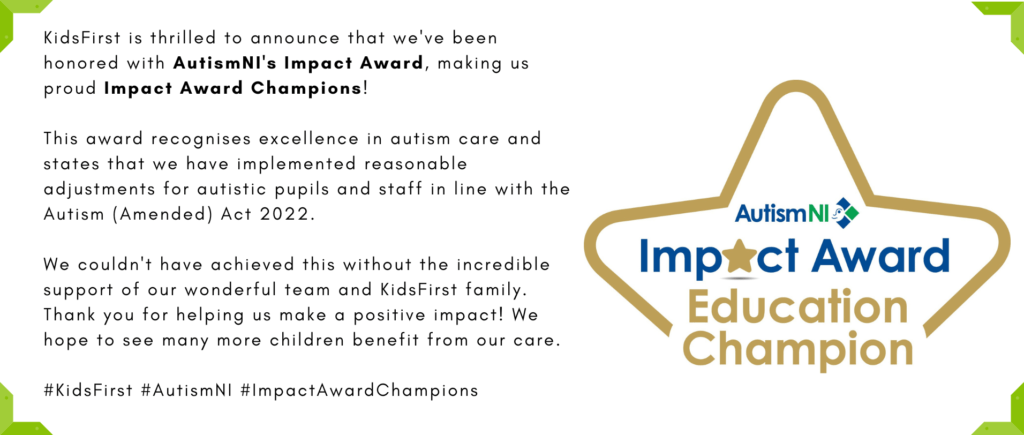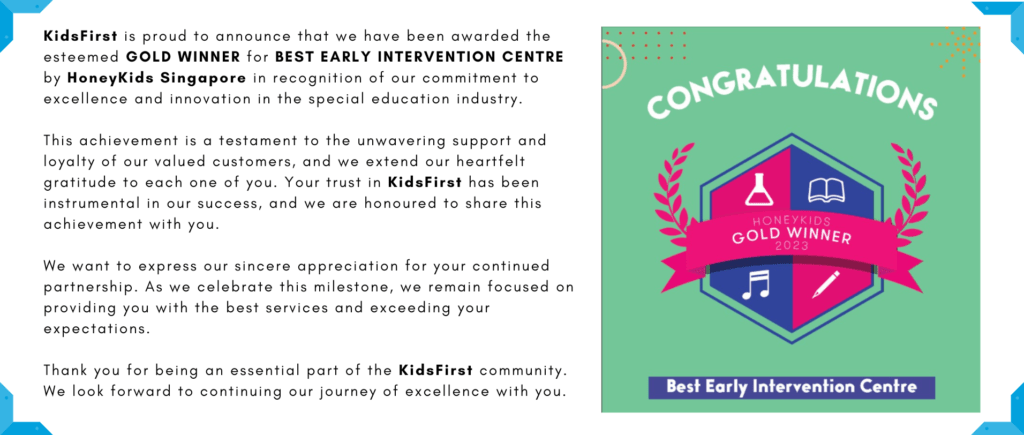Learning difficulties can pose significant challenges for children, affecting their ability to succeed academically and socially. As a parent, understanding these challenges and how to support your child is crucial for their growth and development. In this article, we’ll explore common learning difficulties, their signs, and effective strategies to help your child thrive.
What Are Learning Difficulties?
Learning difficulties are conditions that affect a person’s ability to acquire knowledge and skills at the expected level for their age. These difficulties are not indicative of intelligence but can impact how a child learns in various settings. Common types of learning difficulties include:
- Dyslexia: Affects reading and language processing.
- Dysgraphia: Impairs writing abilities and fine motor skills.
- Dyscalculia: Involves challenges with mathematics and number concepts.
- ADHD: Affects attention, impulse control, and executive functioning.
Signs of Learning Difficulties
Recognizing the signs of learning difficulties early can lead to timely support and intervention. Here are several typical signs to watch for:
Academic Challenges
- Difficulty reading, writing, or understanding numbers.
- Trouble following instructions or completing assignments.
- A significant gap between potential and performance in school.
Behavioral Signs
- Frustration or anxiety when faced with academic tasks.
- Avoidance of homework or school activities.
- Low self-esteem or negative attitudes towards learning.
Social and Emotional Indicators
- Difficulty making and maintaining friendships.
- Issues with self-regulation and emotional responses.
- Withdrawal or reluctance to participate in group activities.
How to Support Your Child
- Open Communication
Encourage your child to express their feelings and frustrations regarding learning. Maintain an open dialogue with teachers and specialists to monitor progress and adjust strategies as needed. - Seek Professional Assessment
If you suspect your child may have a learning difficulty, consider seeking a professional assessment. Understanding your child’s specific challenges can help tailor effective interventions. - Create a Structured Learning Environment
Establish a consistent routine that includes dedicated time for homework and study. A structured environment can help your child feel secure and focused. - Use Multisensory Learning Techniques
Incorporate visual, auditory, and kinesthetic learning methods to reinforce concepts. For example, use flashcards, interactive apps, or hands-on activities to make learning more engaging. - Encourage Independence and Problem-Solving
Teach your child to advocate for themselves and find solutions to challenges. Motivate them to inquire and request assistance when necessary. - Foster a Growth Mindset
Help your child understand that learning is a process and that effort is essential for improvement. Celebrate their achievements, no matter how small, to build confidence.
Conclusion
Understanding learning difficulties is vital for parents who want to support their child’s educational journey. By recognizing the signs and implementing effective strategies, you can empower your child to overcome challenges and achieve their full potential. If you have concerns about your child’s learning or would like to explore further support options, KidsFirst is here to help!

